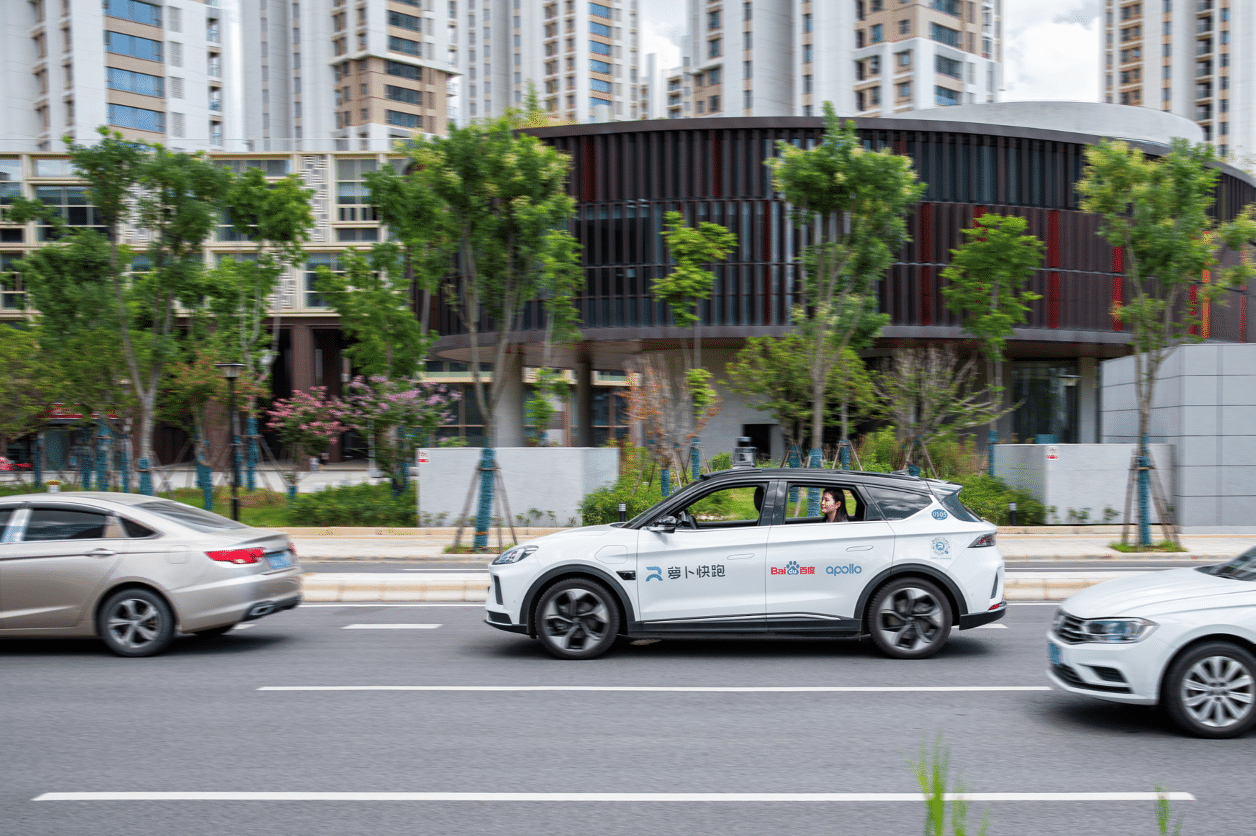China has granted permit to Baidu, Inc., to offer commercial fully driverless robotaxi services to the public on open roads. Apollo Go, Baidu’s autonomous ride-hailing service, is now authorized to collect fares for robotaxi rides – completely without human drivers in the car – in Chongqing and Wuhan, two of China’s largest megacities.
Amid increasing regulatory approval of the expansion of AVs, the permits reflect regulatory authorities’ strong recognition in the Baidu’s autonomous driving technology. They also mark a key turning point for the future of mobility in China, leading to an eventual expansion of driverless ride-hailing services to paying users across the country.
“Fully driverless cars providing rides on open roads to paying customers means we have finally come to the moment that the industry has been longing for. We believe these permits are a key milestone on the path to the inflection point when the industry can finally roll out fully autonomous driving services at scale,” Wei Dong, Vice President and Chief Safety Operation Officer of Baidu’s Intelligent Driving Group.
About Apollo Go
Baidu unveiled its next-generation fully autonomous vehicle (AV) Apollo RT6, an all-electric, production-ready model with a detachable steering wheel about fifteen days ago, with a per unit cost of RMB 250,000 (~$37,000).

“This massive cost reduction will enable us to deploy tens of thousands of AVs across China. We are moving towards a future where taking a robotaxi will be half the cost of taking a taxi today,” said Robin Li, Co-founder and CEO of Baidu.
The service area is set to expand to more than 300 stations by the end of 2022, meeting the ever-growing daily travel needs. Baidu has set an ambitious goal to expand Apollo Go operations into 65 cities across China by 2025 and 100 cities by 2030. Baidu aims to continue its efforts to collaborate with more cities and expand the footprint of Apollo Go, providing safer and better autonomous car services to more and more users.
Prioritizing passengers’ safety
Baidu has a proven track record of over 27 million kilometers (16 million miles) of road testing accumulated in the past 9 years with zero traffic accidents, including mileage recorded by driverless test cars in multiple cities across China as well as in California.
To receive the permits, Baidu’s robotaxis have undergone multiple steps of testing and licensing, starting from testing with a safety operator in the driving seat, to testing with a safety operator in the passenger seat, before finally receiving authorization to operate with no human driver or operator in the vehicle.
As the only company granted such permits from two Chinese megacities, Baidu’s robotaxis come with multi-layer mechanisms to ensure ultimate safety, including the autonomous driving system, monitoring redundancy, remote driving capability and a robust safety operation system, all of which are backed by a massive trove of real-world data including a total test mileage of over 32 million kilometers (~20 million miles) driven by Baidu’s AVs to date.
The permits were granted to Baidu by government agencies in Wuhan and Chongqing’s Yongchuan District. Both cities have been pioneering new approaches to intelligent transportation in recent years, from developing infrastructure to updating new regulations for AVs.
Having received the permits, Baidu will begin to provide fully driverless robotaxi services in the designated areas in Wuhan from 9 am to 5 pm, and Chongqing from 9:30 am to 4:30 pm, with five Apollo 5th gen robotaxis operating in each city. The areas of service cover 13 square kilometers in the Wuhan Economic & Technological Development Zone, and 30 square kilometers in Chongqing’s Yongchuan District.









